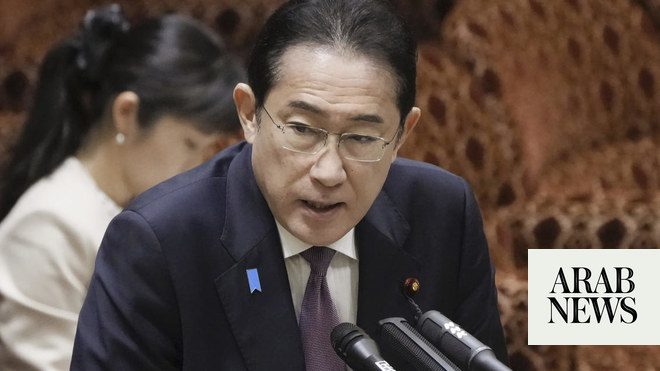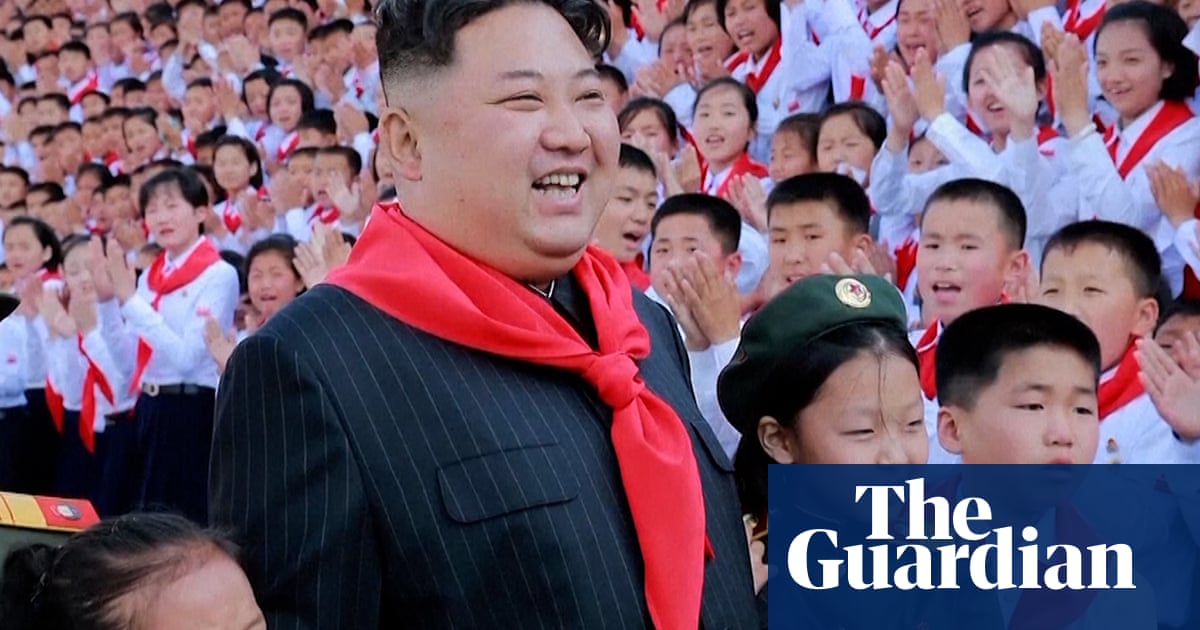
North Korea’s ruler, Kim Jong-un, has admitted that his economic policies have largely failed, and vowed to avoid a repeat of the “painful lessons” of the past at a rare meeting of the country’s ruling party.
Kim told the congress of the Workers’ party that his five-year economic plan had failed to achieve its goals “in almost all areas to a great extent”, North Korean state media said on Wednesday.
“We should further promote and expand the successes and victories that we’ve achieved through our painstaking efforts but prevent us from having the painful lessons again.”
The congress, the first for five years, opened with Kim facing the toughest challenges of his nine-year rule, caused by what he called “unprecedented” crises.
It is being closely watched for signs of a shift in economic policy, after a year in which North Korea was struck by natural disasters while contending with the knock-on effects of the coronavirus pandemic and international sanctions imposed in response to its nuclear and ballistic missile programmes.
While the regime continues to claim it has not recorded a single case of Covid-19, border closures and the suspension of international flights have strained an already fragile economy.
Trade with China plummeted by almost 80% in the first 11 months of 2020 compared with the same period in 2019, according to Song Jaeguk, an analyst at the IBK Economic Research Institute in Seoul. North Korea’s GDP was estimated to have contracted by 9.3% in 2020, he added.
There is anticipation, too, that in coming speeches during the congress Kim will refer to foreign policy less than a fortnight before the US president-elect, Jo Biden, is due to take office.
Relations between Pyongyang and Washington have been deadlocked since two rounds of official talks between Trump and Kim stalled over sanctions relief and what the North would be willing to give up in return.
There is speculation that Kim is concerned that Biden will ditch the highly personal diplomatic style preferred by Trump, whom the North Korean leader met three times, and instead opt to pressure the North into taking significant steps towards denuclearisation.
“It’s not like Kim Jong-un is going to come out and promise denuclearisation, marketisation and human rights improvements,” said Leif-Eric Easley, associate professor of international studies at Ewha University in Seoul.
“What optimists are looking for is a willingness to engage in diplomacy with the incoming Biden administration, mention of economic development opportunities, including with South Korea, and any openness to humanitarian cooperation during the pandemic. Pessimists expect the Kim regime will emphasise military strength, self-reliant socialism, and an ongoing crackdown on subversive elements.”
In his opening speech on Tuesday, Kim said North Korea had achieved a “miraculous victory” since the last congress in 2016 – a reference to missile and nuclear tests that culminated in the successful 2017 launch of intercontinental ballistic missiles capable of striking the US mainland.
Like other world leaders, however, Kim has been forced to count the cost of the coronavirus, calling on the country’s people to embrace self-reliance in response to internal and external pressures.
Kim said there had been “shining successes achieved by our party and people”, according to the official KCNA news agency. But he added that he had “analysed the mistakes manifested in the efforts for implementing the five-year strategy for national economic development”.
He praised party workers for “ensuring stability” despite the challenges of the coronavirus. North Korea closed its borders with China and Russia early on in the pandemic and has since quarantined thousands of people suspected of having the virus.
Virus prevention measures did not appear to be in place at the congress, only the eighth in the country’s history. No one among the 4,750 delegates and 2,000 spectators appeared to be wearing masks or socially distancing.
Kim tightened his grip on power at the last congress in 2016 but observers believe this week’s meeting is an attempt to show a united front as the country enters another year of diplomatic and economic uncertainty.
The congress reflected an “urgent need for internal solidarity”, said Ahn Chan-il, a former North Korean defector and now researcher at the World Institute for North Korea Studies in Seoul. “The party congress has to serve as a spark to restore faith among a frustrated public.”
The meeting, which began on Tuesday but was not mentioned in official reports until Wednesday, is due to last several days. Kim is expected to announce senior party appointments that could include further promotions for his sister, Kim Yo-jong, who is widely seen as the regime’s de facto second in command.












